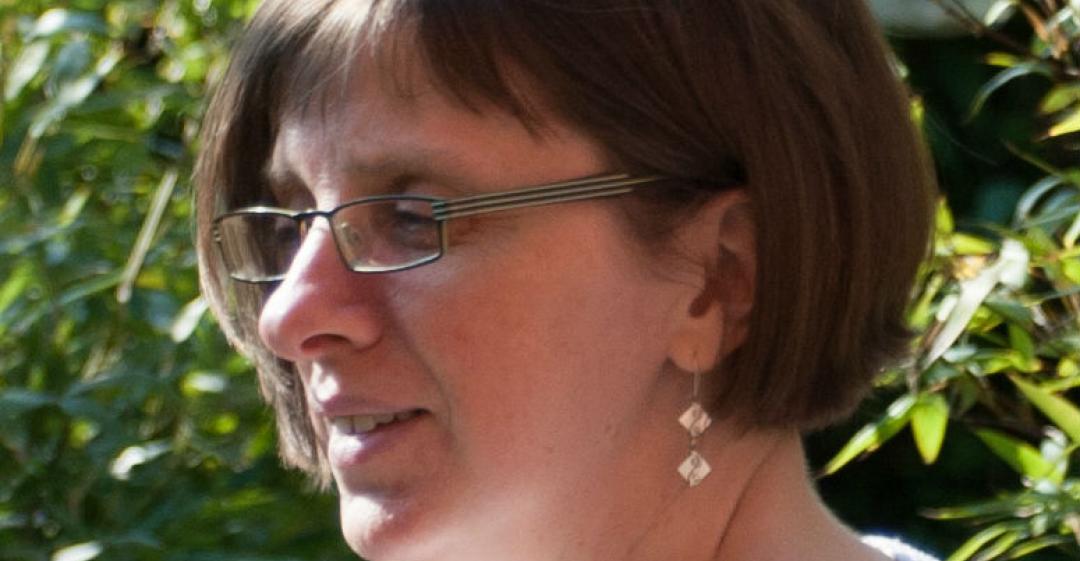“I wish I’d changed sooner. It was so easy to settle and not think about where my career was heading.”

What work were you doing previously?
I was an Operations Support Manager for a company that sterilised products for medical services.
What do you do now?
I’m an Energy and Sustainability Manager for the NHS.
Why did you make the change?
I was made redundant in early 2012. Due to this, I applied for all jobs I could get or would love to have, and this was one of the jobs I wanted to have.
I’d had an interest in the environment and sustainability for a while, and while in my operations job I’d been picking up on environmental things there: things like waste and energy management across the site. I was trying to get involved in more and more of that in my last job, but I think if I hadn’t been made redundant it would have taken me more time to move into those fields.
Are you happy with the change?
Very happy, yes. I wouldn’t go back.
What do you miss and what don’t you miss?
I miss some of the immediacy of a production environment. I miss the customers and dealing with them.
I don’t miss people management on a day to day basis.
How did you go about making the change?
As part of my last job I completed a Certificate in Environmental Management. After my redundancy, I read a lot about energy and the Carbon Trust, so when I did get an interview I was prepared for it. I didn’t have an interim job; I applied for all sorts of things, and used environment job sites to find work in the field. It was a bit of a punt as I didn’t have any direct experience, only what I'd developed in my old role.
I also made the most of my transferable skills that I could bring to the sector. It was a new role, so there was some flexibility around who they were looking for.
What was the most difficult thing about the change?
Moving to the public sector, and working at a much bigger organisation. There are a lot of things to pick up. As it’s quite a new role and field, there aren’t any defined expectations; you have to create your own expectations and pick up new skills on the way.
What help did you get?
I had some help from suppliers in my previous job who were helpful in explaining new technologies. Other than that, I used some websites that had technical information.
The Careershifters Success Stories helped in showing how to make a complete change, using transferable skills, and it helped me see those connections.
What did you learn in the process?
How quickly you can pick things up if you have the right mindset. You can learn a lot if you really engage in what you’re doing. It also made me think about the next step. While I’m in this role, I’m already thinking about what bits of it I like and don’t like, and what will I need to do to make the next step in my career. So I’m already thinking about the next projects and roles I’d like to be involved in next.
Is there anything you wish you’d done differently?
I wish I’d changed sooner. I worked for my previous role for eleven years and it was very easy to settle in and not think about where my career was heading.
I wish I had believed that I could have done something that I could enjoy a lot more, a lot sooner.
What would you advise others to do in the same situation?
Find something you’re interested in, then look for projects or ways to do it in your current role. You can almost try it out without moving. So if you have an interest in it, and can find a way to try it out or build it into your day to day job it can help you, and even make your current job seem better.
What resources would you recommend to others?
For sustainability, the NHS have a sustainability unit with a lot of case studies which I found useful. Other than that, I found the Careershifters success stories helpful – reading that so many people have changed their jobs and that it is possible.
What lessons could you take from Clare's story to use in your own career change? Let us know in the comments below.



